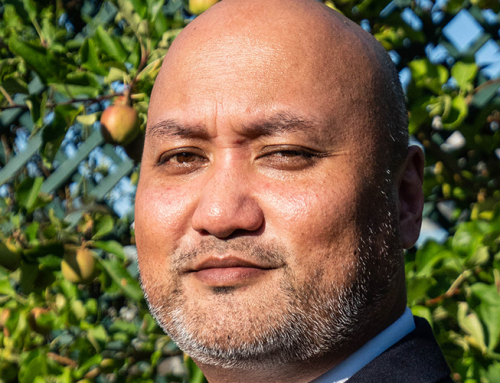We often find ourselves critiquing and looking down on the new generation, just as our parents did to us, and their parents before them. Social media is filled with countless memes and jokes about Gen Z, and I have been guilty of this myself. Recently, I caught myself telling my children, “in my days…”—a sure sign of aging! However, this is unfair to our new generation—our children—who are, indeed, the future. This is especially true in the context of the massive staffing shortage of medical specialists and GPs across the board.
The Current Crisis in Histopathology
A survey conducted by the Royal College of Pathologists reported that 25% of current histopathologists are 55 years or older . Although I am not quite there yet, this statistic is alarming. As of 2023, there are approximately 880 consultant histopathologists in the UK, and only 3% of histopathology departments have sufficient staff to meet clinical demand. The staffing issue is so severe that it costs the NHS £28 million annually for outsourcing and reliance on locum doctors . Just have a look at the vacancies for consultant histopathologist (Current consultant Histopathologist vacancies July 2024)
The Impending Exodus
The situation is set to worsen with a potential peak in the retirement of pathologists in about five years. There is no immediate solution, and the approach to solving this issue is multifactorial. It involves the introduction of digital pathology, artificial intelligence (AI), and increasing the output of pathologists from training schools.
The Role of Gen Z in Solving the Crisis
Increasing the number of pathology training schools and intake is vital. Over the past decade, there has been an increase in the number of pathology training schools, but the bottleneck remains within the medical schools of this country. Histopathology is, unfortunately, not the most popular specialty among new graduates, with only 2.6% of medical graduates entering the field .
Embracing Change and Innovation
Gen Z brings a fresh perspective and technological savviness that could be pivotal in transforming the field of pathology. Their familiarity with digital tools and AI can help streamline processes and improve diagnostic accuracy. Encouraging more young people to enter the field of histopathology is crucial. We need to highlight the importance and rewards of this specialty to medical students and support them through their training.
The Future of Pathology
As we navigate this crisis, we must remember that the future of pathology—and indeed the entire medical field—depends on the new generation. By investing in their education and leveraging their innovative potential, we can address the staffing shortages and ensure the continued provision of high-quality medical care.
Conclusion
While it is easy to fall into the habit of critiquing the younger generation, we must recognize their potential and support them in addressing the challenges we face today. Gen Z is not just the future; they are the solution to the pressing issues in the medical field, particularly in histopathology. By fostering their growth and integrating modern technologies, we can build a more resilient healthcare system. Having said that, Gen X RULES !!
At UK Pathology Ltd, we are committed to supporting the new generation of pathologists and embracing innovations that will drive the future of medical diagnostics. Let’s work together to create a brighter future for all.
References
- Royal College of Pathologists – College Report on Workforce Shortages
- NHS Digital. “NHS Vacancy Statistics England April 2015 – September 2021.” Link
- Health Education England. “Annual Review of Competence Progression (ARCP) 2022.” Link





